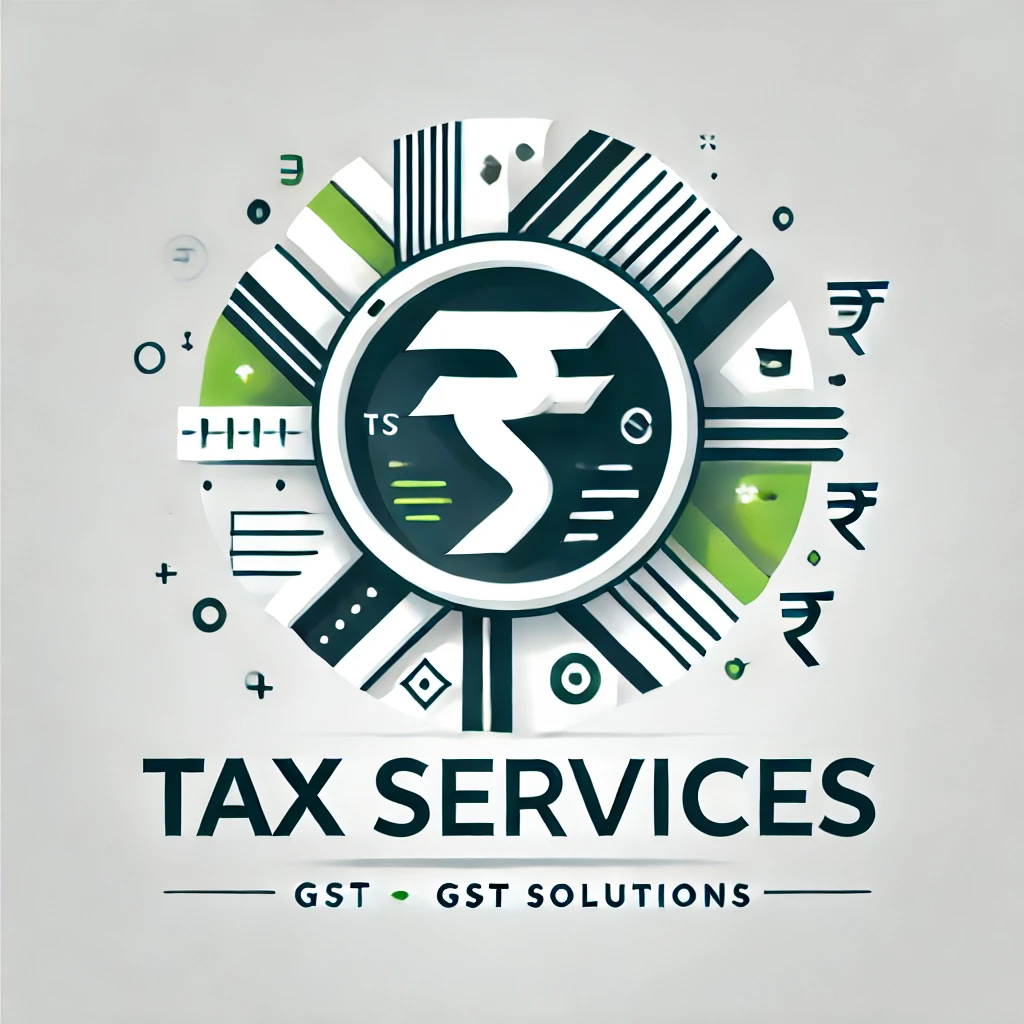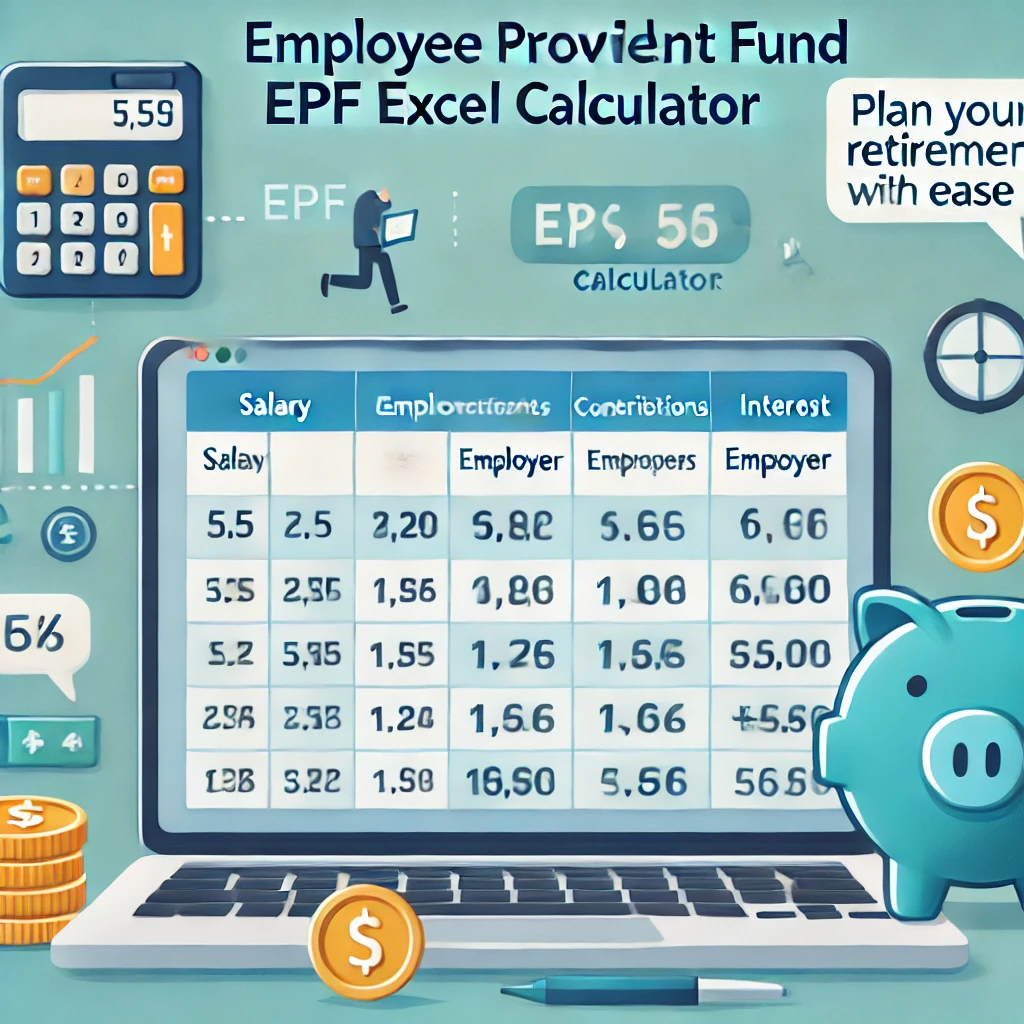Understanding Professional Tax in India: Types, Explanation, and Examples
Professional tax is a state-imposed tax levied on individuals earning an income through employment, profession, or trade. It is a source of revenue for the state governments and is governed under the provisions of the State Acts and Rules, as professional tax falls under the State List of the Constitution of India.
This article explains the concept of professional tax in India, its types, applicability, and practical examples.
What is Professional Tax?
Professional tax is a tax charged by state governments on salaried individuals, self-employed professionals, and businesses. It is deducted monthly from the salaries of employees by their employers and paid to the respective state government. For self-employed individuals, professional tax is paid directly to the government.
Key Features:
- Applicability: Professional tax applies to both individuals and entities earning an income.
- Limit: The maximum annual professional tax that can be levied is capped at ₹2,500, as per Article 276 of the Indian Constitution.
- State-Specific: Professional tax is not levied uniformly across India and is implemented in certain states like Maharashtra, Karnataka, Tamil Nadu, West Bengal, etc.
Types of Professional Tax
Professional tax can be categorized based on the type of income earner. Here’s a detailed explanation of each type:
- Professional Tax on Salaried Individuals
Applicability: Levied on employees working in both private and public sector organizations.
Payment Process: Employers deduct professional tax from the employee’s monthly salary and deposit it with the state government.
Slabs: Varies based on income. For instance, in Maharashtra, professional tax is deducted as follows:
Example:
An employee earning ₹30,000 per month in Maharashtra will pay ₹2,500 annually as professional tax (₹200 for 11 months and ₹300 for February).
- Professional Tax on Self-Employed Professionals
Applicability: Applies to individuals engaged in professions like doctors, lawyers, architects, freelancers, and consultants.
Payment Process: Self-employed individuals must register with the professional tax department of their state and pay the tax directly.
Slabs: Tax rates vary by state. For example, in Karnataka:
Example:
A freelance graphic designer earning ₹5,00,000 annually in Karnataka will pay ₹2,500 as professional tax.
- Professional Tax on Businesses
Applicability: Businesses registered as sole proprietorships, partnerships, LLPs, or companies must pay professional tax based on their annual turnover.
Payment Process: Business entities must register and file professional tax returns with the state government.
Slabs: Tax rates depend on the state and the type of business activity. For instance, in Tamil Nadu, businesses with annual turnovers exceeding ₹10 lakh are required to pay professional tax.
Example:
A sole proprietorship in Tamil Nadu earning ₹12,00,000 annually will be liable for professional tax based on the state’s slab rate.
- Professional Tax on Employers
Applicability: Employers are required to pay professional tax for employing individuals in their organizations.
Payment Process: Employers must register under the Professional Tax Act of their state and remit the tax on behalf of their employees.
Example:
A private company with 50 employees in West Bengal is responsible for deducting professional tax from employees and depositing it with the state government.
States Levying Professional Tax
Professional tax is applicable in several states, including:
- Maharashtra
- Karnataka
- Tamil Nadu
- West Bengal
- Telangana
- Andhra Pradesh
- Gujarat
- Madhya Pradesh
States Without Professional Tax
Some states, such as Delhi, Haryana, and Uttar Pradesh, do not levy professional tax.
Importance of Professional Tax
- Revenue for State Governments: Funds collected from professional tax are used for infrastructure development, education, healthcare, and public services.
- Compliance Requirement: Ensures that individuals and entities fulfill their tax obligations under state laws.
- Simplifies Taxation: Standard rates and slabs make professional tax easier to calculate and pay.
Consequences of Non-Compliance
Failure to pay professional tax can result in:
- Penalties: States impose fines for late payments, typically ranging from ₹5 to ₹20 per day.
- Interest on Dues: Interest may be charged on the outstanding amount.
- Legal Action: Persistent non-compliance can lead to prosecution under state laws.
Conclusion
Professional tax is an essential levy imposed by state governments to generate revenue for public welfare. While it may seem like an additional financial burden, the maximum annual liability is limited to ₹2,500. Both salaried individuals and self-employed professionals must stay compliant with their state’s professional tax rules to avoid penalties. For accurate calculation and timely payments, consulting a tax professional is always recommended.


